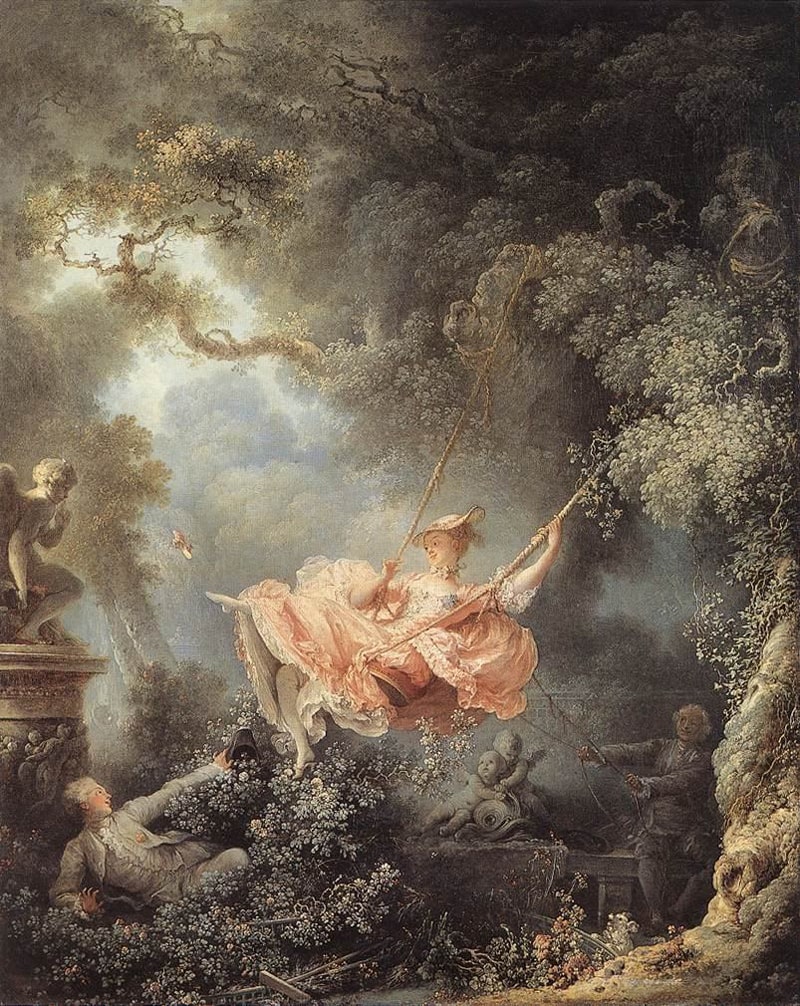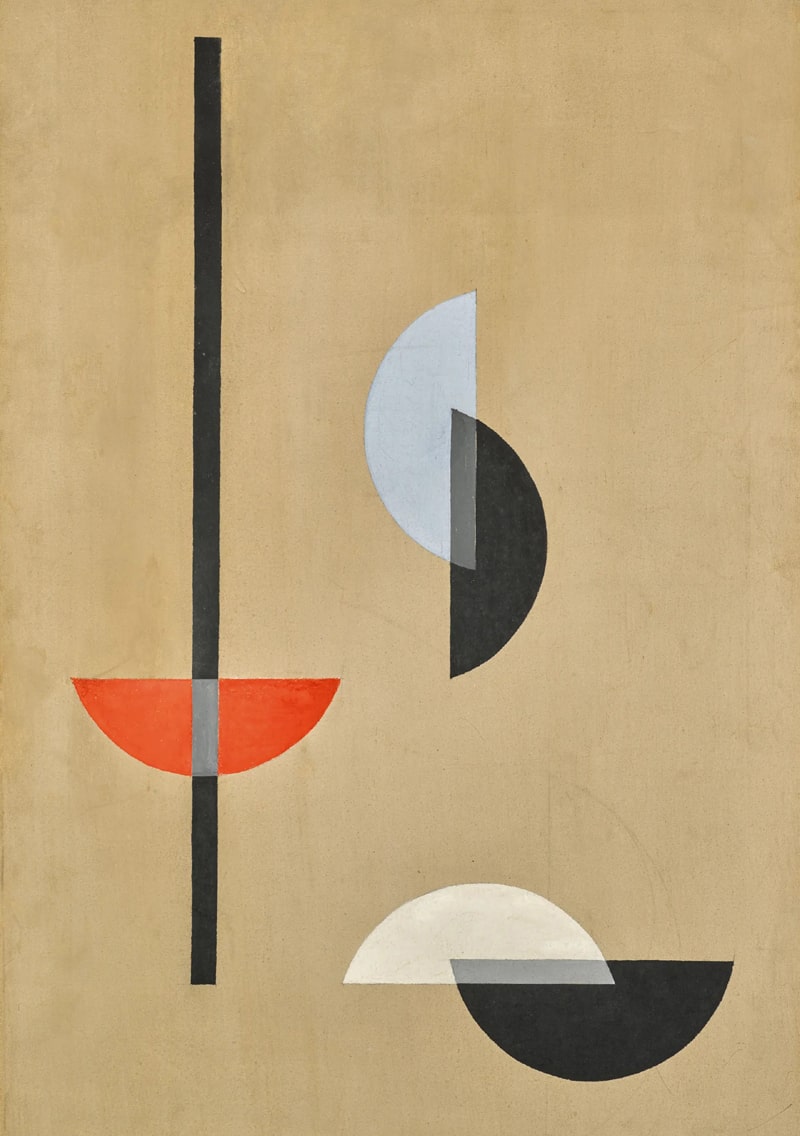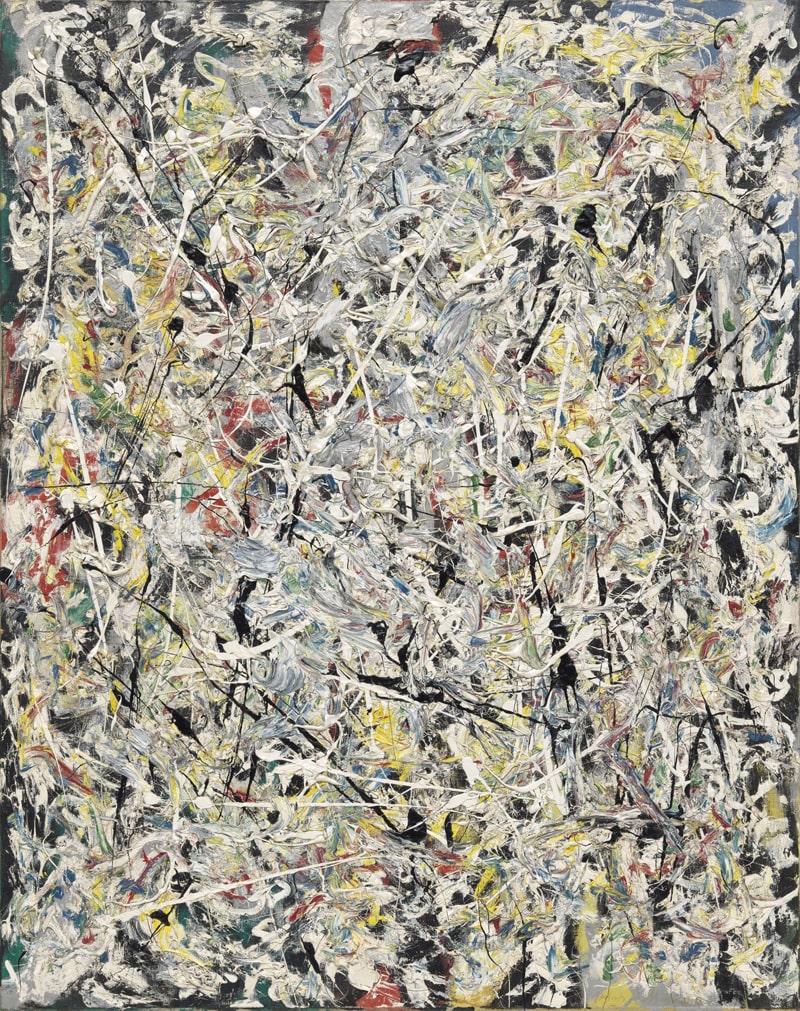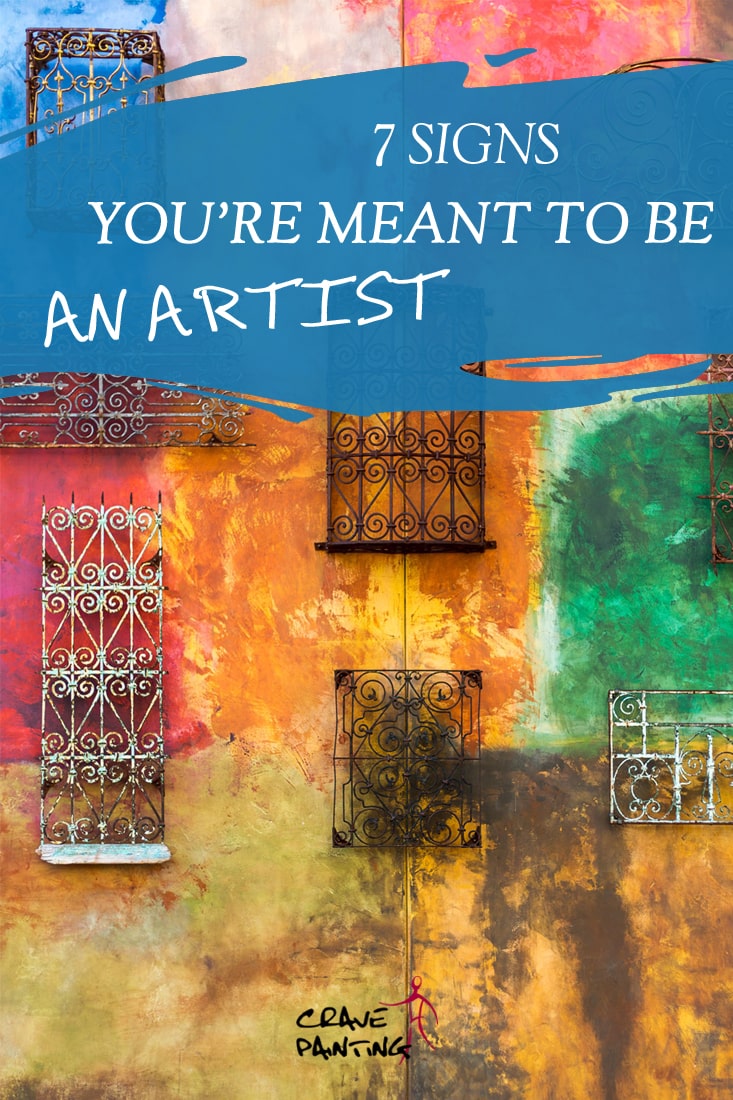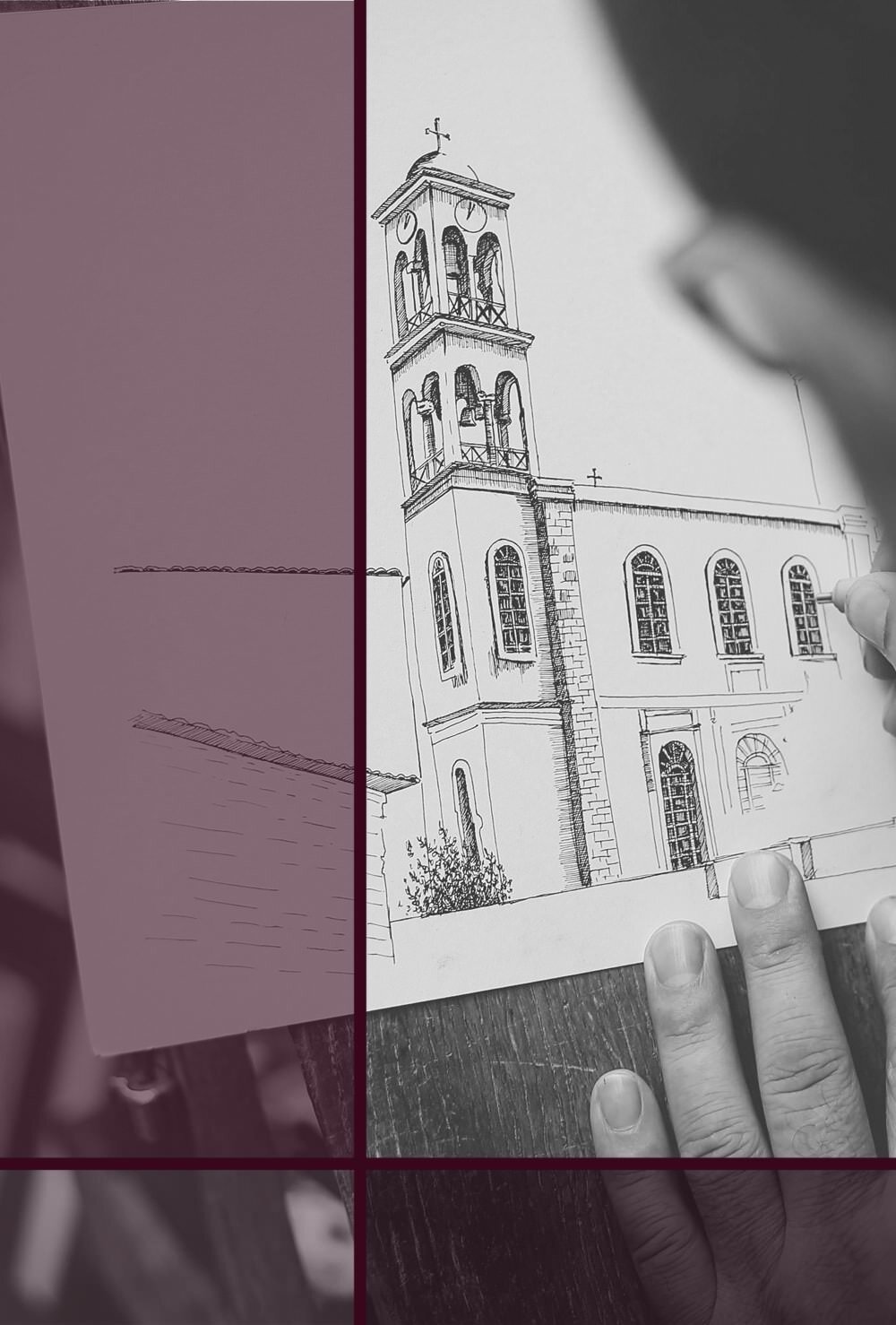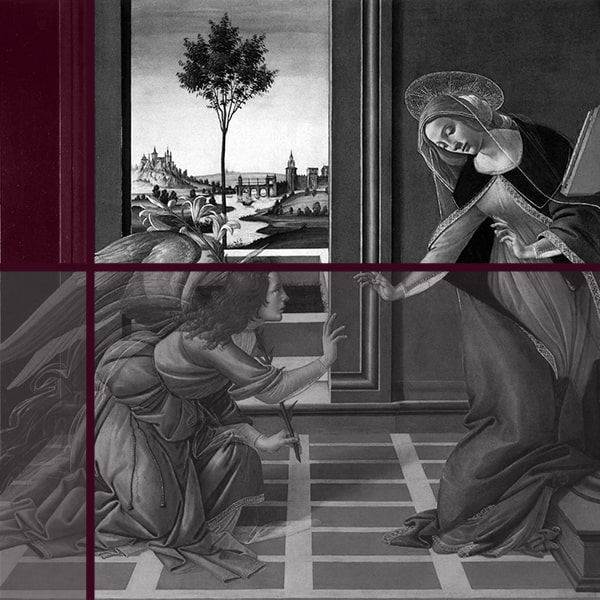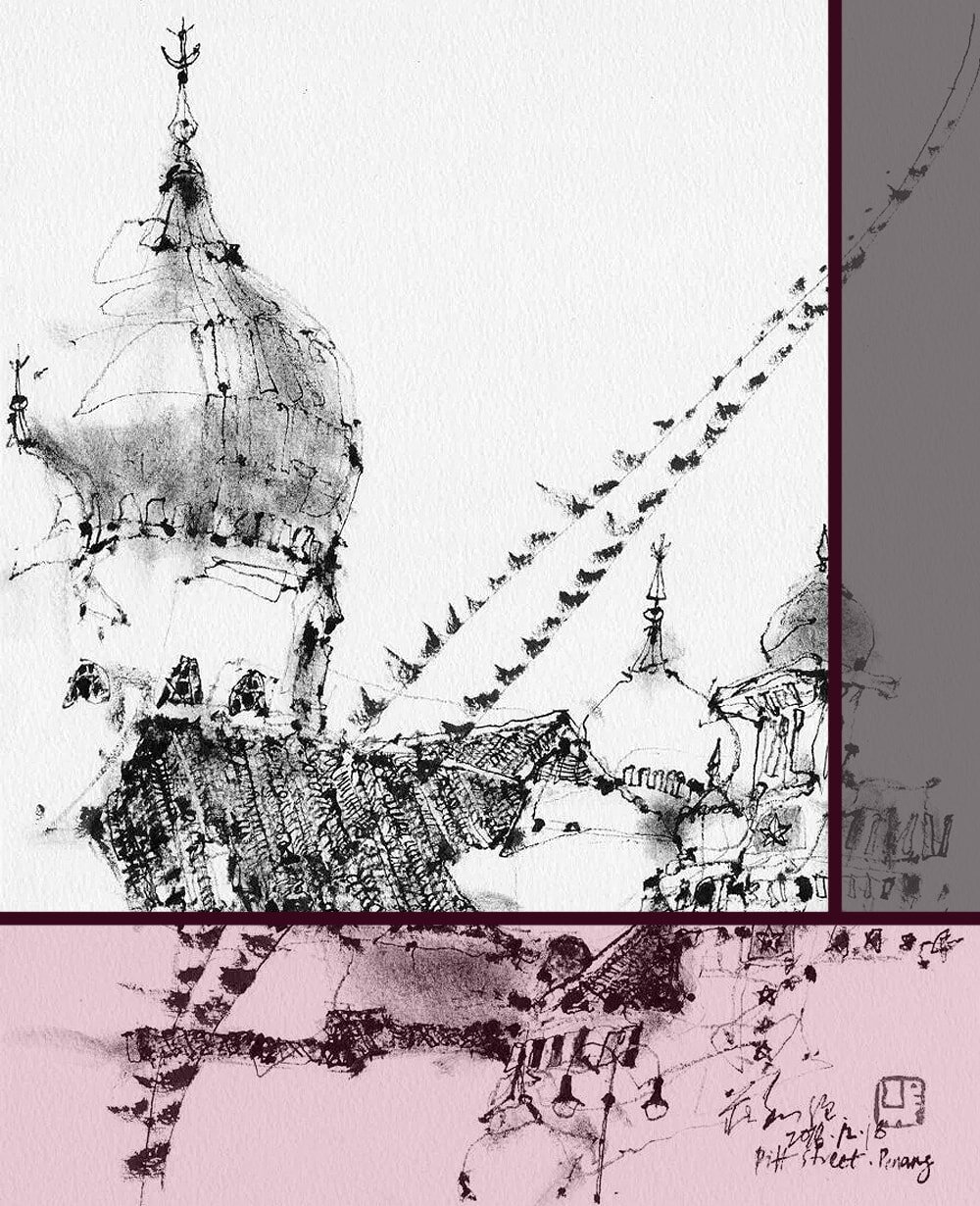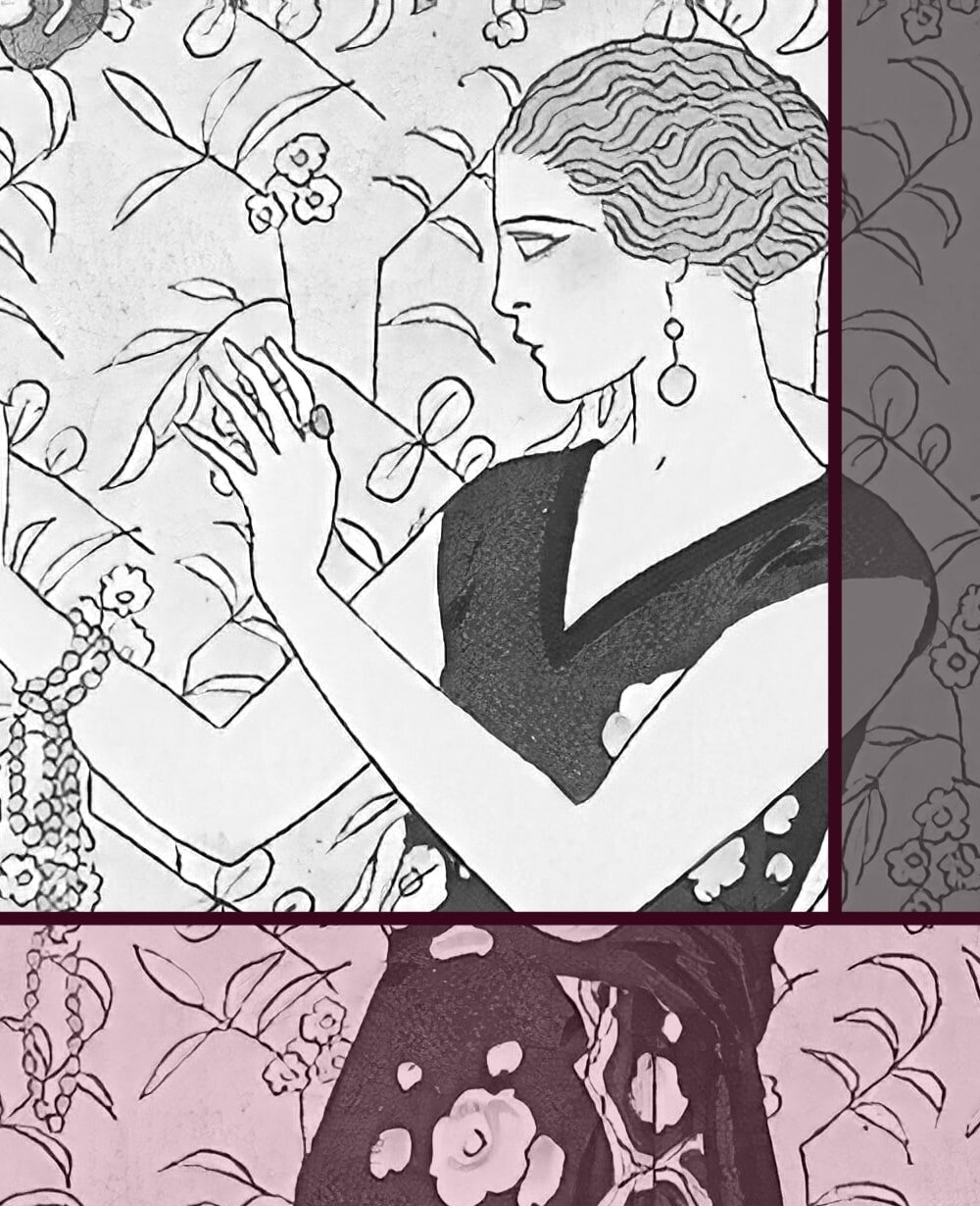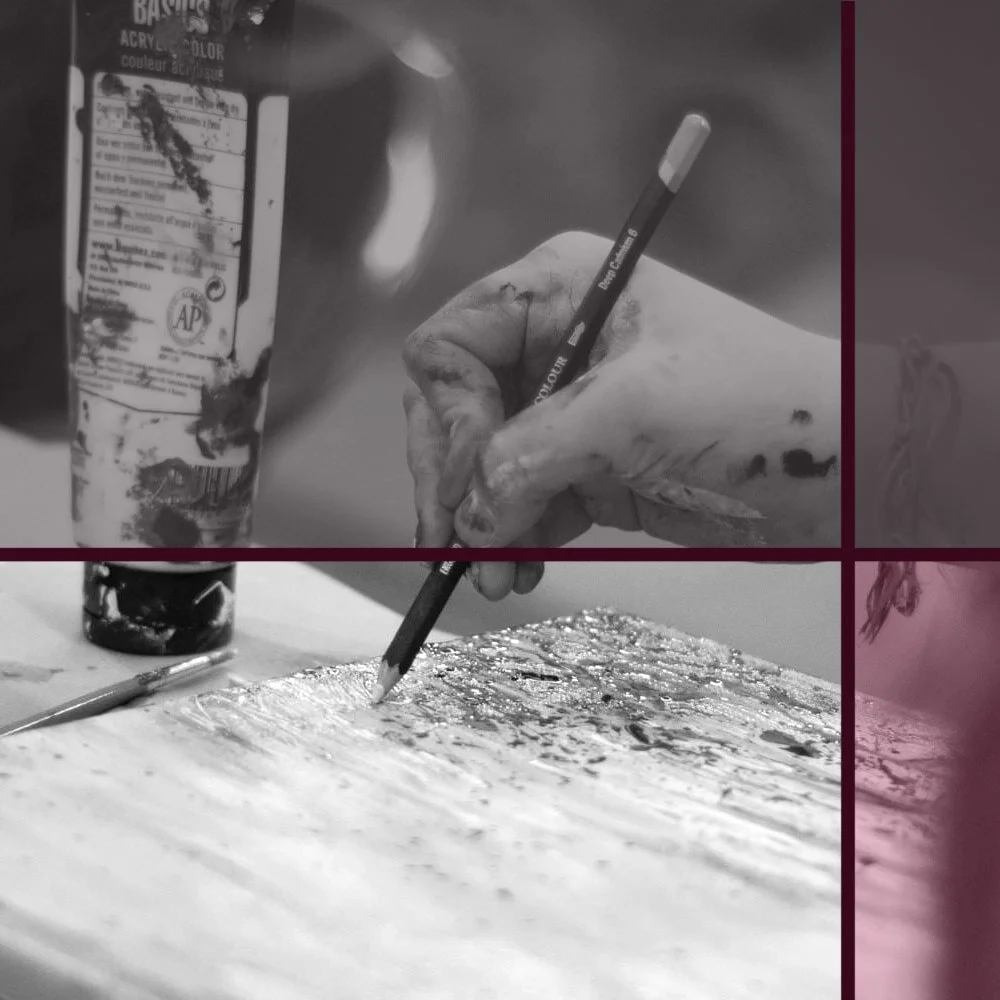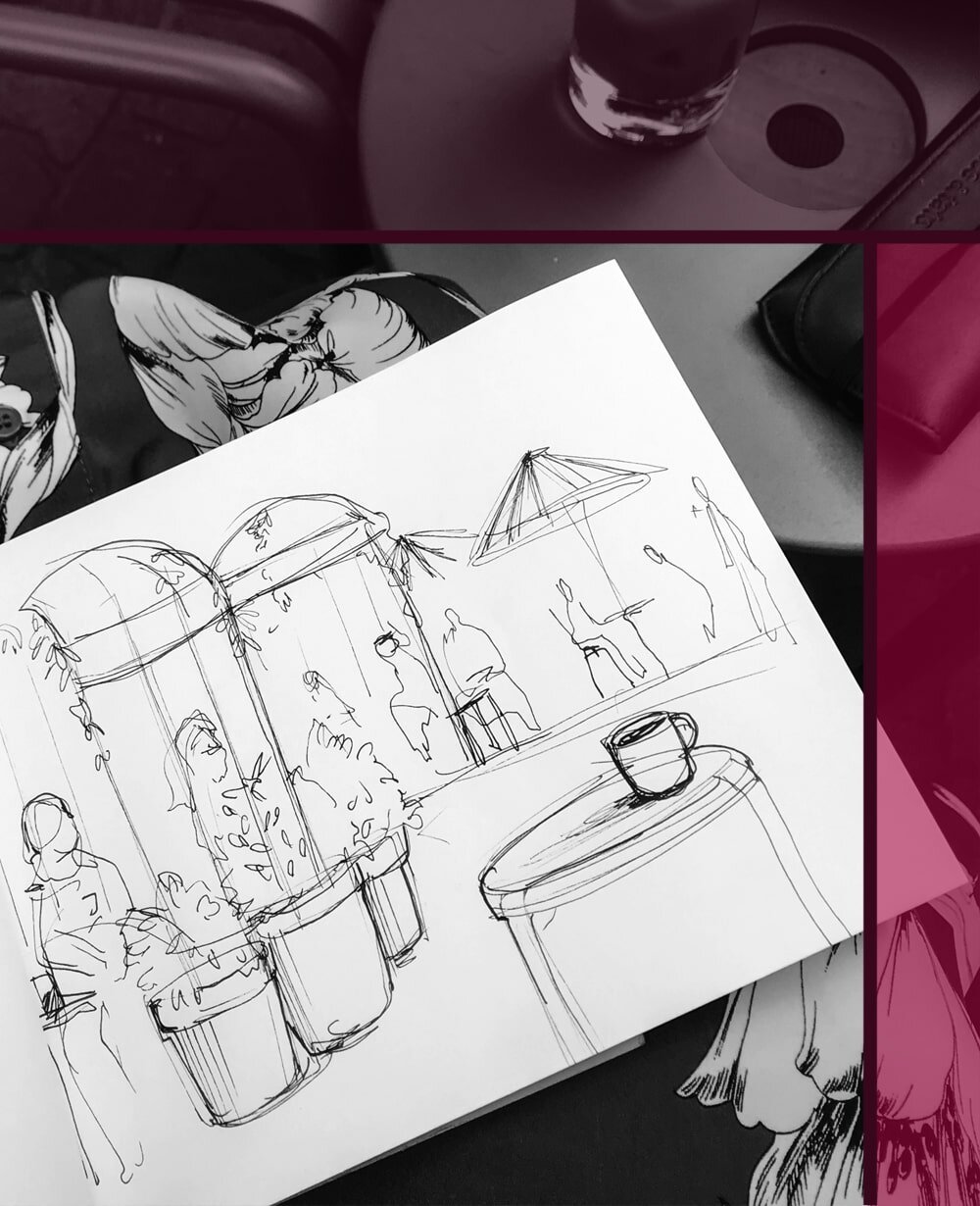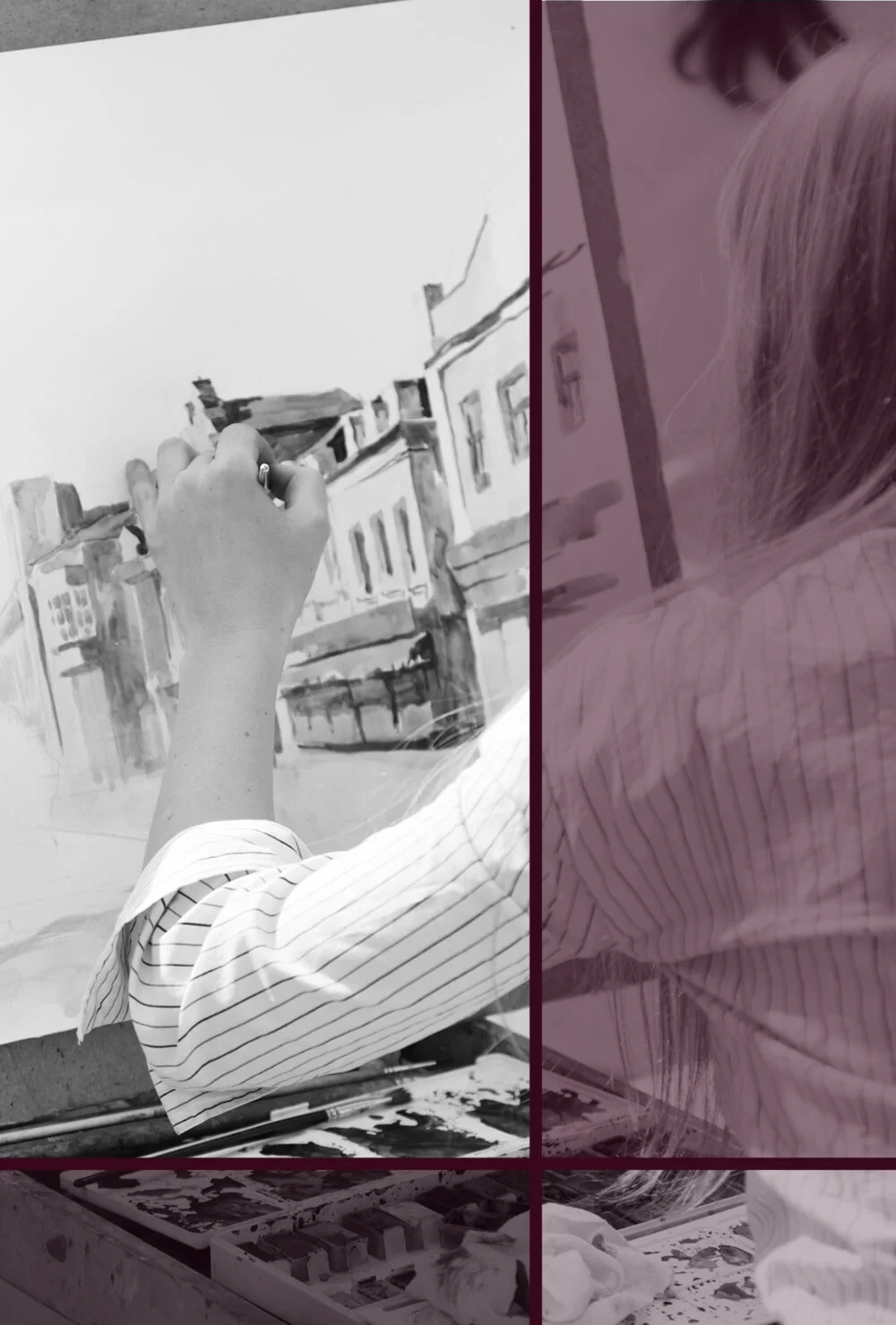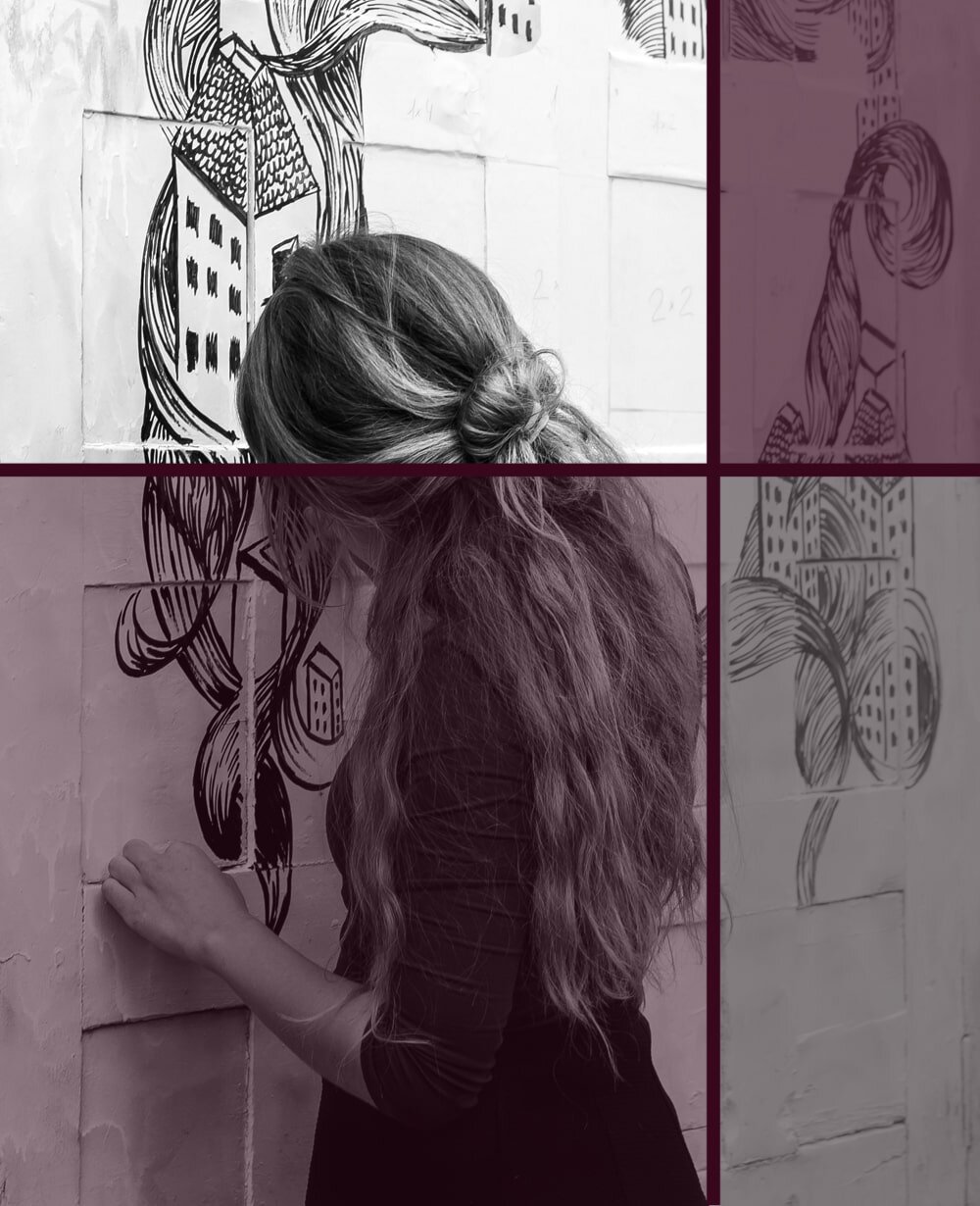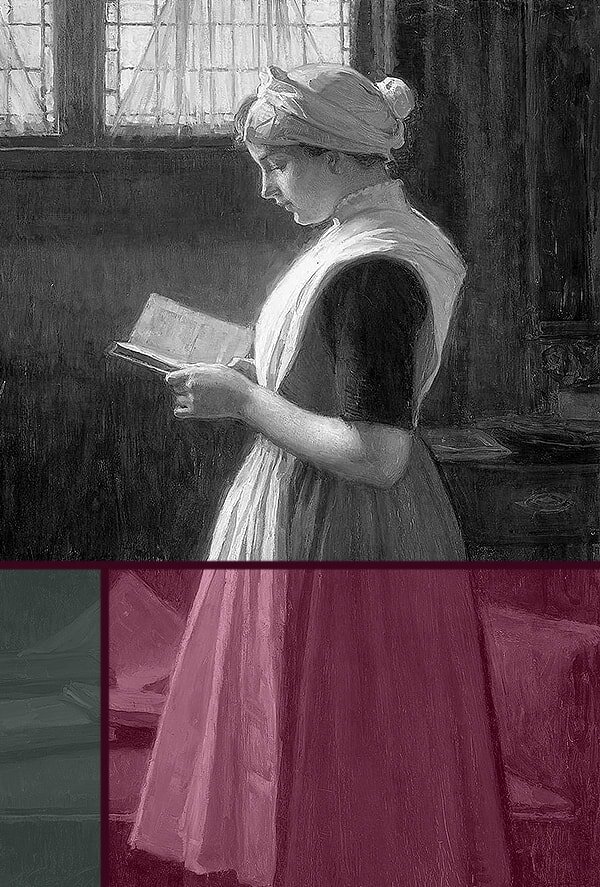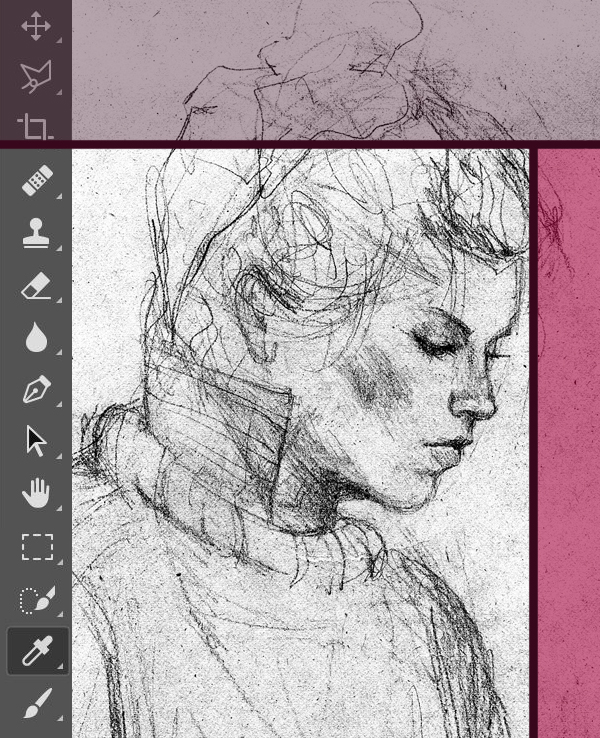7 Signs you're meant to be an Artist
You can teach anyone with a good eye and a ready mind how to paint beautifully, but that does not make them a artist.
In fact, skill and talent have nothing to do with it at all. If you cannot draw a straight line or you don't know how to mix a decent shade of ochre that makes you nothing less of an artist. Just less successful (and sometimes not even that).
Whether it's your professional calling or a private interest you're just ‘meant to’ pursue, here are seven things to look out for if you're not sure you should pick up the pencil or join that sculpture class.
1 You liked making things as a child
Adults do things they don't have to do for a variety of (sometimes quite complex) reasons.
You go to the gym because it keeps you fit, rarely because you like it so much. You finish a book because you've paid for it, even if it’s not particularly interesting. You go to a networking event because it might help your career.
We've already seen and done so much and there are so many thoughts and considerations in our heads at all times that we can quite easily overlook what we actually like, in favour of what we should logically like or what would bring us the greatest benefit.
Children don't have that problem. They have natural preferences and are drawn to activities that play to these strengths (unless of course the parents interfere and ‘encourage’ certain hobbies). And these basic aptitudes remain mostly the same throughout our life.
As an adult you consider a thousand variables in the things you like, or think you like, or think you should like. Children see things much simpler.
Looking at what you liked as a child is a good indication as to what comes natural to you and will give you the most enjoyment.
If you used to spend your playtime drawing, building sandcastles or making animals out of beads and string, chances are you'd do well to maintain a creative hobby as an adult, or, better yet, turn it into a career.
2 You're a visual learner
60% of the world's population are said to be visual learners. If you find it easier to remember faces and pictures than names, numbers or plain facts you’re one of them.
Are your eyes drawn naturally to faces, pictures and other visual clues?
Artists are, and have to be, highly visual. Depending on the kind of art you'll need an excellent visual memory and ideally some "talent" for composition. Most of all you'll notice that your eyes are drawn naturally to various visual cues.
3 You're naturally introspective
Introspection is probably one of the most important skills for any artist. You will never be able to create a piece of art that touches others if you don't know what touches yourself.
Don't confuse 'introspective' with 'introverted'. Those two traits often come together but neither is a requirement for the other. You can be a cruise ship animator and still be highly reflective.
If you want to "make good art", as Neil Gaiman put it in his legendary commencement speech, you have to know yourself. Because art is not something detached from the artist, it's a part of them.
If you hope to produce a piece of art, not just a product, you’ll need to paint, draw or sculpt what the subject means to you, not just the subject itself.
“Don’t paint the object, paint its effect on you.”
You don't need a Monet to show you what a lily pond looks like, you can go outside and look at one yourself. And yet, millions of people have stood in front of his works over the last one hundred years, mesmerised.
Why? Because he showed them the lilies through his own eyes, trying to render the magnificence he saw and what he was feeling.
You have to know your own thoughts and feelings, and how these relate to the way you see the world. Because that's what viewers are interested in, what you can bring to the table.
4 You like looking at other art
This doesn't necessarily mean you like spending your Saturday afternoons in galleries staring at cracked paintings or sculptures of chubby angels.
I'm talking about a general appreciation for a job well done, be it of a deliberate exhibition piece or a random design that might not even technically classify as art.
Yes, spending your nights looking through pretty drawings on Pinterest counts, and so does enjoying a really well-designed shop window (Christmas at Selfridges anyone?).
You don’t have to enjoy spending your Saturday afternoon in galleries, tastes are different, even amongst artists.
Tastes are different, and so is the art we like, but noticing something pretty, or interesting or generally inspiring, that's universal. And this appreciation is very helpful creating and reflecting on your own art.
5 You keep coming back to it
Adult life can be pretty busy. You've got meals to prep, laundry to fold and parent-teacher meetings to attend. Often you'll come home knackered and not in the mood for artistic expression.
Or you might prefer to follow other fun activities for a while. Perhaps during summer, hiking and BBQ sound better than sculpting and drawing. Sometimes you'll not create a thing for weeks, months, even years.
You might not even think about your artistic hobbies for a long time. By no means does that make you any less of an artist.
I'm one of the worst offenders here, neglecting the arts for way too long and practically forgetting everything I so diligently learned when I do pick up the pencil again.
If you keep coming back to something, even if you lose interest for a time or you're simply too busy, clearly it's not just a passing fancy. You don’t have to be a true bohemian revolutionary 24/7 to earn your artist badge. Creating part-time or at intervals is just as valid.
So, if you find yourself 'back on the paint' after months of absence, perhaps it's time to consider doing something with that inclination.
6 You're passionate
The dictionary defines 'passionate' as "a very strong feeling of love, hatred, anger, enthusiasm, etc.".
Artists need a certain kind of intensity of perception that they can use to transform what they feel inside into a physical manifestation that reaches others, such as a painting or sculpture.
Of course, this does not mean you have to be ‘touchy-feely’ or super dramatic to be an artist. Passion does not have to be loud and flashy.
But I don't think I have ever met an artist that does not get incredibly excited about things that others would not waste much thought on, be it the way the wind sweeps through a field of wheat or simply a pretty face.
Passion does not have to be loud and flashy.
In order to make good art preserving your childlike sense of wonder is an absolute must. Without this kind of enthusiasm your work would be flat and stale.
7 You want to be an artist
As Rainer Maria Rilke would say in his amazing book (or the wise Deloris Van Cartier): “When you wake up in the morning and you can think of nothing but writing... then you are a writer.”
Not that it has to be as extreme as that. There's no need for you to commit entirely to the arts. Lord knows Leonardo da Vinci had about a hundred different interests and frequently got side-tracked. If you don't want to spend every waking minute drawing you can still be an artist.
An artist is someone who creates art. And art is relative.
The main idea here is that you don't need to attend art college to become an artist, nor do you have to have a certain, extensive set of natural abilities or be born a genius.
If you don't descend from a family of artists, if all your relatives are dentists or plumbers, that doesn't mean you don't have the 'right genes'. There's no such thing as 'talent', as we've established in my post Are there Things we cannot Learn.
In fact, you don't have to be any good at making art at all. Who is to say what good means anyway. If you’re wondering whether you might be an artist or you could be one, chances are that’s your answer already. You’re an artist.
And finally:
Things that have absolutely nothing to do with being an artist
Some stereotypes are so persistent they've been discouraging people from pursuing the arts for decades.
When I was younger and considering to go to art college I was frequently thrown off by the fact that I lacked certain character traits that I associated with who I thought usually got accepted there. I was rational, strategic and neat. Not exactly what you’d think an art student ought to be like.
But there's just no such thing as a 'typical artist'. That beret-wearing chaotic genius who frequently forgets to pay rent because such trivialities are beneath him may exist, but it is not a requirement to create good work.
Look at how remarkably different these three painting styles are. It's ridiculous to assume they could have been created by the same kind of personality.
Whether you’re logical and grounded or carefree and easy-going, you can create great art. You might be quiet and shy or outgoing and loud. Maybe your clothing style is uncommon, maybe it isn’t.
You may come across as “a little weird” or you may blend right in. Perhaps you’re a loner and like to work shut away from the world, or maybe you create your best pieces when you’re with other artists.
You might like to concentrate on only one activity, or you might have a variety of different interest.
If you want different art styles you need different kinds of people making them, quite logically.
Otherwise our walls and galleries would be plastered with nothing but Rembrandts, or nothing but Turners, and how dull would that be?
You can find some excellent online courses and books to try on my Recommended Resources page.
Did you enjoy this article or feel like you have anything else to add? Feel free to leave me a comment below!
If you like this post, please share it, so others may like it too!


